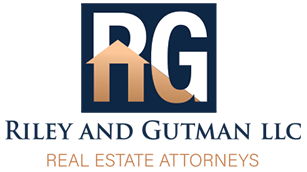A short sale in real estate refers to a property that sells for less than what the owner owes on the mortgage. The lender has agreed to take the “short” amount of what’s owed and take a loss. A homeowner might use a short sale if they can no longer make the monthly mortgage payments or if they need to quickly move from the property. As a buyer, purchasing a short sale home has its pros and cons. Let’s take a closer look.
The Pros of Buying a Short Sale Home
When looking for a home, short sale properties are enticing mostly because of the low prices compared to similar properties. There are other advantages to buying a short sale. Such as:
- Prices sometimes as low as 10% below market value– Because the owner needs to sell quickly, the starting price is almost always below market value.
- Less Competition– Since short sales are often intimidating to buyers and real estate agents alike, they don’t get as much interest as typical listings. If you’re willing to take on a short sale, you won’t have to compete with an abundance of other offers from potential buyers.
- Less risk than a foreclosure– If you’re a bargain hunter, chances are you’ve scoped out some foreclosure properties as well as short sales. Buying a short sale comes with fewer risks than foreclosures since the properties are still usually occupied and taken care of.
The Cons of Buying a Short Sale Home
- Long waiting period– Since the lender has to approve the offer and sale as well as the seller, the process is much longer. It also involves much more paperwork and red tape than a typical sale.
- The possibility of costly repairs– Since the seller is usually selling their home through a short sale because of financial hardship, the home may have fallen into disrepair.
Be sure to consult your real estate attorney with any questions about the legal process of a short sale.

